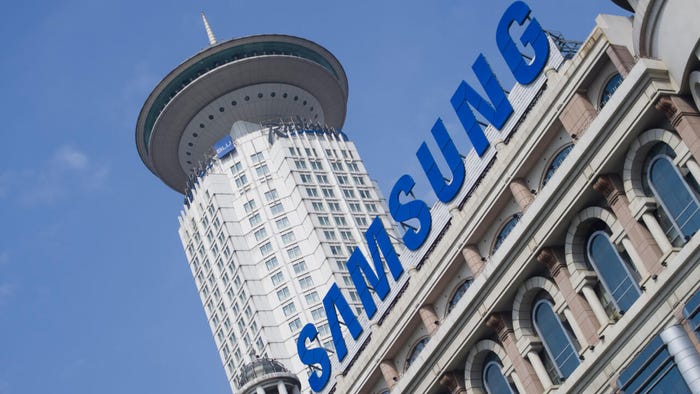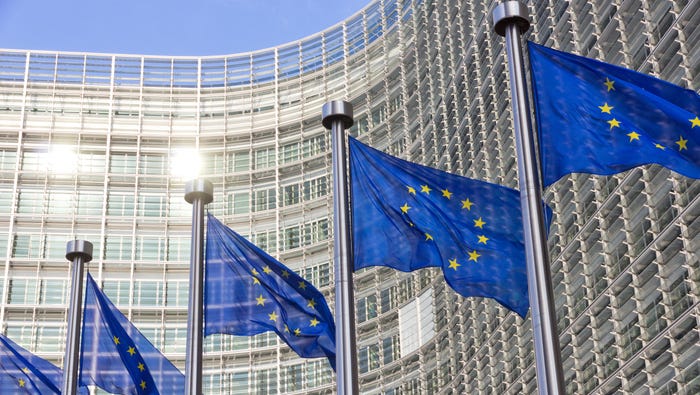New, platform-based EE boasts simpler infrastructure, low TCO: BT
During a keynote presentation at DTW Ignite, BT Consumer Division CEO Marc Allera and BT CDIO Harmeen Mehta detailed EE's shift to becoming BT's flagship consumer brand under a new, platform-based approach.

The new EE ID platform was launched in October last year as part of a shift to make EE BT Group's flagship consumer platform in the UK. In addition to selling connectivity, it sees EE become the purveyor of anything from insurance and cybersecurity solutions to gaming packages and devices. But apart from diversifying the services EE offers to customers, the platform also represents a deeper shift in EE's digital infrastructure.
During a joint keynote presentation at TM Forum's DTW Ignite conference in Copenhagen, where she shared the stage with BT Consumer Division CEO Marc Allera, BT's CDIO Harmeen Mehta noted the platform represents a shift from the prior stack model.
Previously, different products were offered separately with diverse customer journeys determined by their individual product managers. In the new model, meanwhile, different products are accessible through a single platform that allows the company to partner with many different companies and sell third-party products to its consumers in a model Mehta said was closer to how Airbnb operates.
Similar to the holiday rental platform, what EE now owns is a "holistic relationship with the customers," she said.
The platform approach also allows the company to simplify behind the scenes: "It will take 10% of the systems that BT has today in order to run fully on a platform model, we're shutting down 90% of our legacy," Mehta stated.
The platform will also allow replacing over 35 legacy billing systems, and will centralize data collection. BT has been using data to personalize user experiences on the new EE platform.
"When you open the app, the app feels different to you. It feels different to me, it feels different to Marc [Allera], it has different offerings. And it's not just about the offerings, it's even the subtleties of how we communicate with you," she said.
Mehta also highlighted the platform's cost benefits, arguing that it offers the lowest possible total cost of ownership. Moreover, the time-to-market for new products is said to be 70% lower with the new platform.
EE's game
Allera, meanwhile, highlighted that 10 million customers have signed up to the EE ID, out of a total of 25 million customers. He added that he expects sign-ups to reach 15 million in the near future.
He highlighted gaming as an important area for the new EE, arguing it is becoming one of the biggest retailers for gaming and gaming products and services in the UK. The company now offers gaming packages, bundling equipment with other services like data. Highlighting the importance of gaming for EE, he noted that it was now the biggest entertainment category globally.
Later, during a panel focusing on telco evolution, the conversation once again turned to platform marketplaces. Vodafone's CTO Scott Petty noted that collaboration between business leaders and technology leaders is crucial to success.
"We're great technologists. We're not very good at commercial constructs, we're not good at pricing, we're not good at distribution strategies, those things that are unbelievably important and being successful in the marketplace," he elaborated. Petty also added that both sides (business and technology) need to learn to form partnerships and work together.
Read more about:
EuropeAbout the Author(s)
You May Also Like














